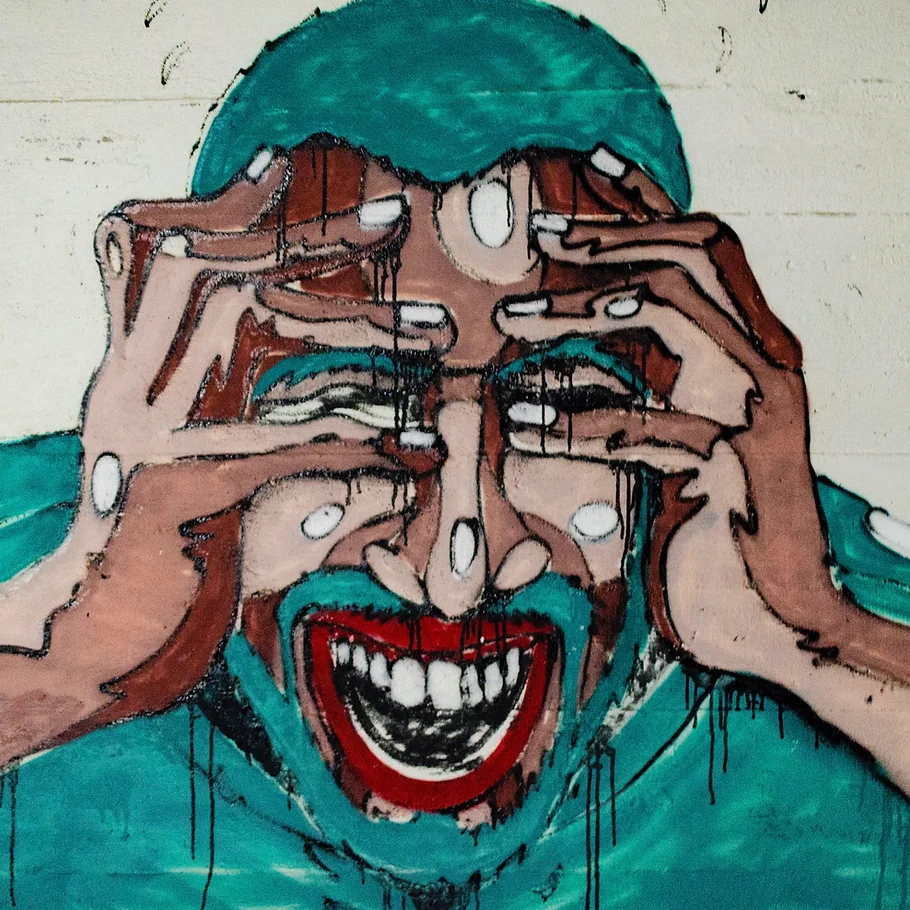Regard
!
For most of us, money affects many of our waking hours. At work, we earn money by doing rigidly constrained activities, for people that more easily find fault than provide encouragement. Money is perennially scarce: rare are those who feel they have enough of it. Cost of living seems to always grow faster than our wages. Many arguments are based on money issues. Our lives are immersed in a background hiss of stress, bickering and fear.
Money is synonymous with survival. Everyone needs a personal minimum or they slowly perish. This drives efforts and distribution of goods across the globe, but also drives a troublesome fraction of our species towards lies, corruption and crime. It also drives the daily avalanche of advertising, junk mail and robocalls.
As technologies advance and allows our population to grow, we're getting crowded and grumpy. A quick errand around town often becomes a challenge of unexpected detours, slowdowns and glaring looks.
The incredible abundance of goods and services grows as the need for profit shrinks quality. As we see it, money is no longer the benefit to our species that it once was. Our infrastructure is less affordable to fix than it was to create. Wealthy people often want more wealth, caring little for aiding this deterioration. Multinational corporations are consuming large amounts of irreplaceable natural resources. Our education system is a factory cranking out clerks and droids.
Money promises freedom and luxury but this usually requires a highly specialized training that rarely does our species good. Strategies of wealth building are taken on as a holy grail, yet I see all of this effort as unnecessary for our species to flourish. Rather it seems to encourage tearing each other apart. Returns on investment, incorporation, hostile takeovers, upscaling production output almost never advance our species.
We are quick to judge others, quick to see differences, quick to assume superiority. The better angels of our nature are ignored and when they do appear are often taunted as being naive.
We feel guilty and angry about it. Somewhere deep we feel we should behave better, that it is our weakness, our problem. So we work on it, deepen our enlightenment, practice the art of tolerance. Not easy, and getting harder.
Regard
I think this guilt is neither useful nor reasonable. Instead, I think money is the cause (direct or indirect) of all of these pains. I think we must globally replace money with a tool that encourages our better nature while it motivates effort and exchange. I want something which helps us see others as ally, friend, worthy. I propose an economy based on regard.
Goodwill, decency, honesty, trustworthiness and just plain being kind are easy to learn if every transaction in your life rewards it. Money does not reward it. Let's create an economy that tracks regard in each exchange. Exactly how this can be done is beyond my current powers of imagination, but let's gather up the major components.
Our banks rely on accounting methods that can be adapted to track regard. We don't need banks, though. We need the modern conveniences that have been created for banking: means of identification and devices for recording transactions. With the ubiquity of smart devices surrounding us, adding the capability and reliability of transaction recording is a tiny step.
Imagine seven billion people training lifelong to be nice. The parts of our brain that engage quickly in judgement would have constant coaching towards a nicer reaction, towards revealing those better angels. The subtle tricks we would learn: to spend least effort for greatest benefit, instead of stress and shot nerves. This strikes us as a gigantic gain in global happiness and energy.
Repurposing our infrastructure is neither easily imagined nor impossible, the idea and the effort just need some nurturing and encouragement. Lots of geniuses alive these days, let's turn ourselves loose on the challenge and make it happen. We deep down think we ought to.
We deserve it, we're worth the care and bother.
Better than Money
Another way to look at this pain views money as only one aspect of the flow of value. The pain can be diminished by nurturing the other aspects of this flow. Arthur Brock describes these flows wonderfully here.